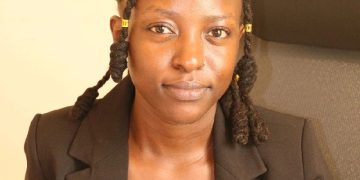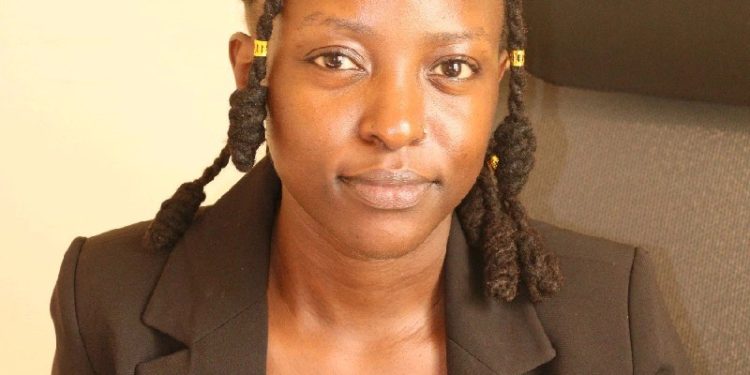Advocates are calling for Ugandan Sign Language (USL) to be treated as an essential service across courts, hospitals, and public offices, saying it is the missing link between Uganda’s progressive laws and everyday safety for persons with hearing impairment.
Pamela Ivone Wango, Program Coordinator at the Federation of Deaf Women Empowerment Network (FEDWEN) Kenya, said that while Uganda’s Constitution and the Persons with Disabilities Act (2020) guarantee interpretation services, practice on the ground remains inconsistent.
“This is not a new programme; it is scheduling and supervision. Count interpreters the way you count beds. When interpretation is standard kit, safety improves,” Wango emphasized.
According to the 2022 Uganda Demographic and Health Survey (UDHS), Uganda’s maternal mortality rate stands at 189 deaths per 100,000 live births, despite 91% of births occurring in health facilities under skilled providers. Advocates say comprehension plays a critical role in care quality, from antenatal advice to informed consent and discharge instructions. The same survey shows that 24% of girls aged 15–19 have begun childbearing, highlighting the importance of clear communication during adolescent health consultations.
Justice data also points to the urgent need for reliable interpretation. UDHS 2022 found that 16% of women aged 15–49 have experienced sexual violence, including 11% in the past year. “Case progression depends on whether a survivor can give one clear statement with an interpreter present, understand the medical record taken in her name, and follow each hearing from start to finish. Without that bridge, due process can look like performance,” Wango explained.
On March 9, 2023, the Ministry of Public Service issued staffing structures for referral hospitals that include Sign Language Interpreters. By August 2024, the Ministry of Health confirmed plans to recruit interpreters into government facilities. Advocates say these policy steps will only succeed when interpreters appear on rosters and payrolls.
Visible Demand for USL Service
During the 2024 national census, people with hearing impairment reported being excluded until the statistics bureau deployed interpreters to correct the gap. In April 2025, Deaf youth petitioned for interpreters in hospitals, citing barriers in sexual and reproductive health services.
FEDWEN has proposed practical, low-cost measures such as placing a Deaf navigator at intake desks, using video-remote interpreting when in-person staff are occupied, and ensuring interpretation at the first interview in gender-based violence cases. “Every delay avoided is a right delivered,” Wango stressed.
A survey carried out by A FEDWEN across seven regions of Kenya, found 66% of Deaf women who reported violence never saw justice, mainly due to missing interpretation or prohibitive costs. “The number is Kenyan, not Ugandan, but it flags weak links any system must guard: intake, medical-legal notes, and courtroom interpretation,” she said.
Advocates also point to the media’s role saying nightly news and public briefings consistently include a USL interpreter inset, the broadcast teaches a standard that health facilities and courts should mirror.
Wango concluded that the next steps are practical rather than policy-heavy: “Schedule interpreters, pair spoken explanations with signed and written instructions, and record the presence of USL the same way facilities record supplies and attendance. Uganda has done the hard part on paper. Sign Language is how that law becomes everyday safety in the rooms where life is decided.”









